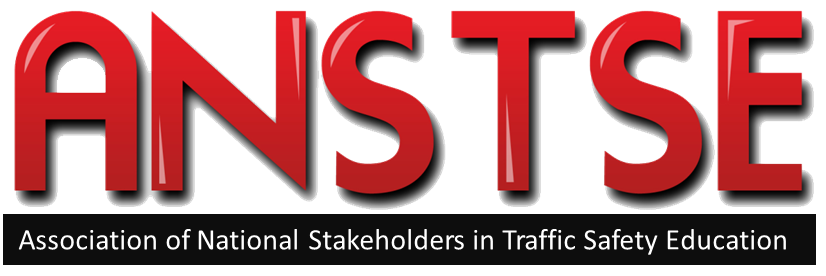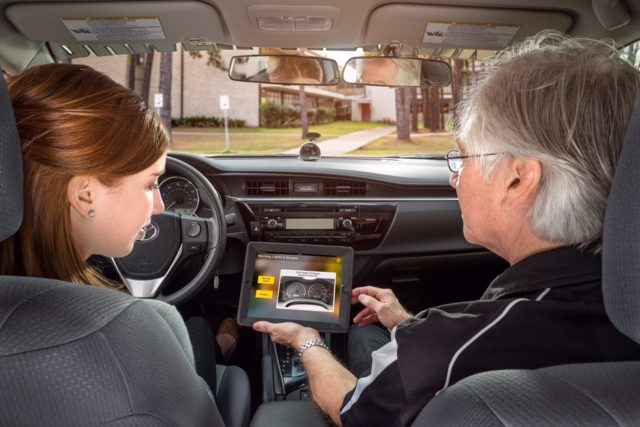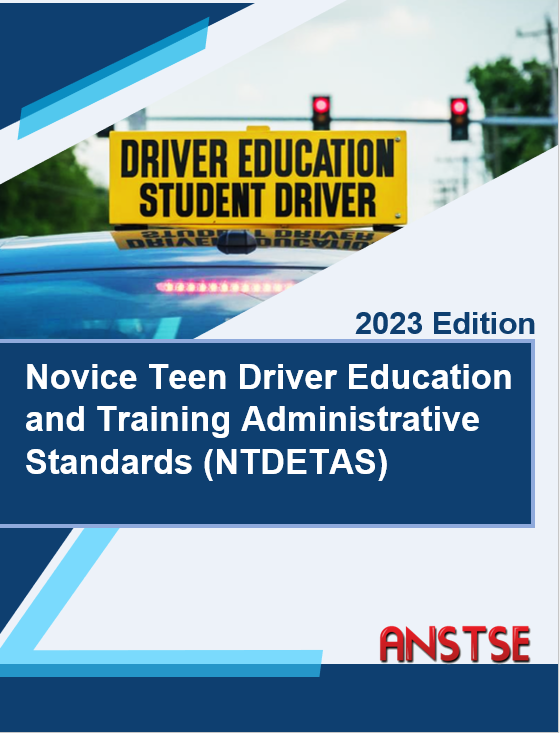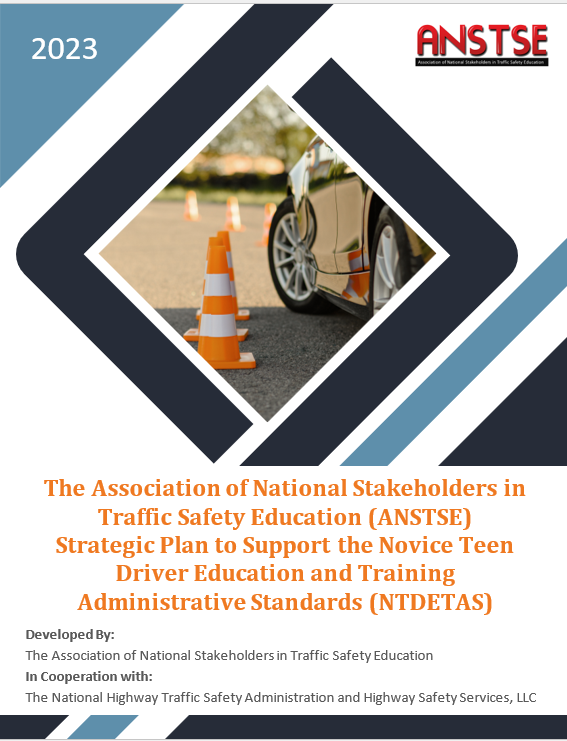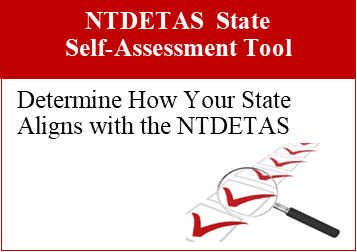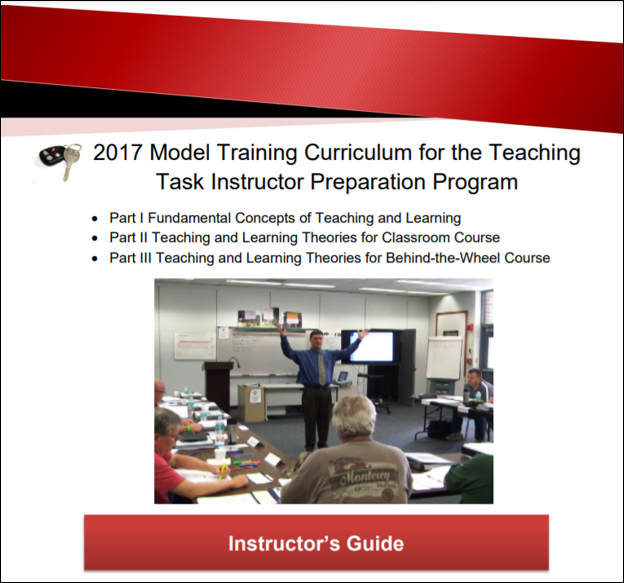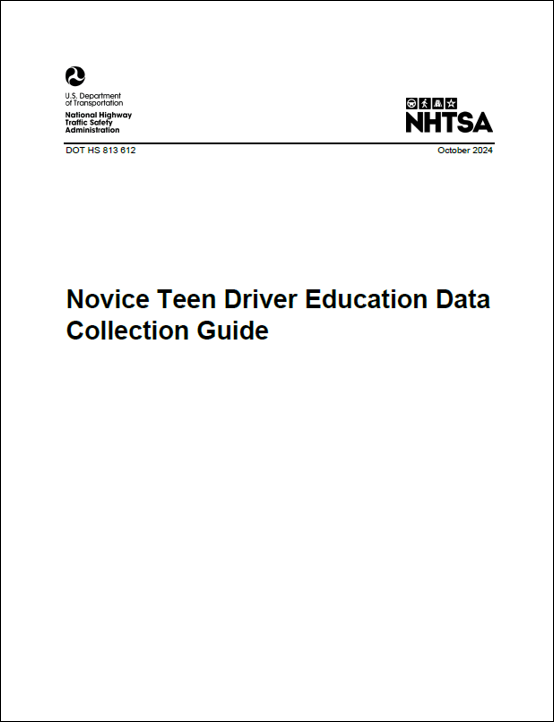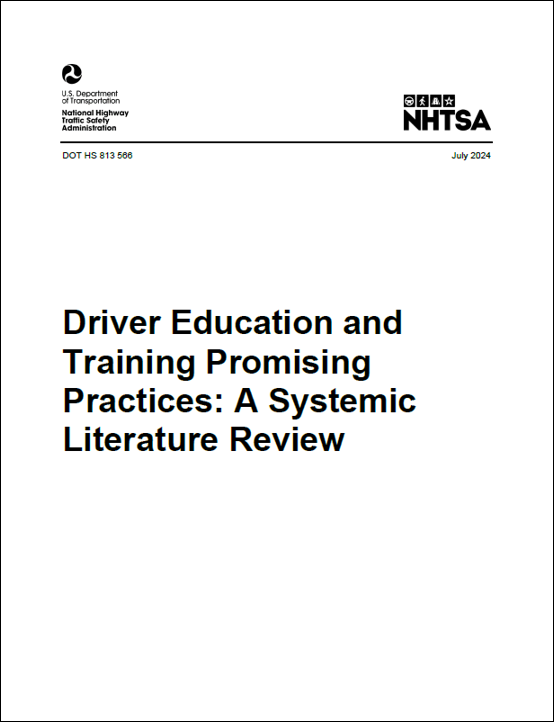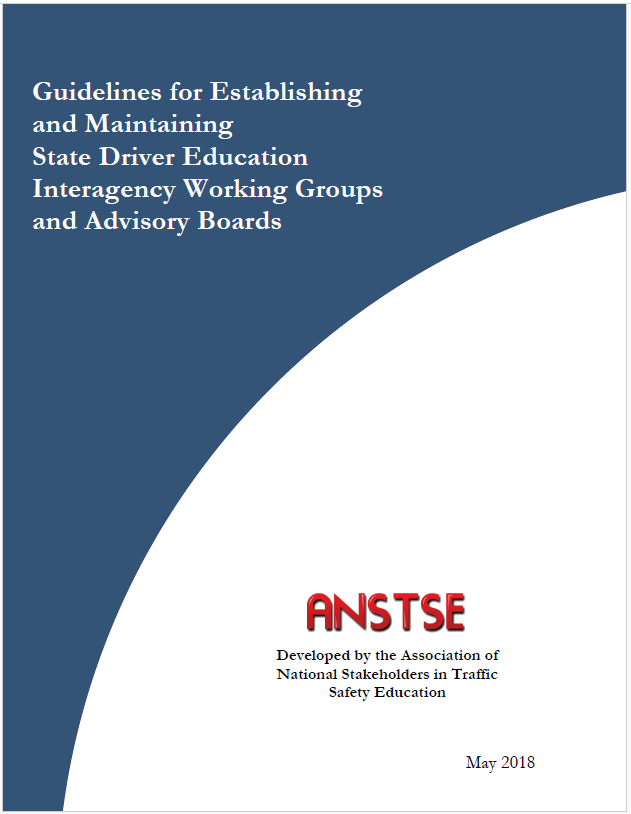Overview and Evaluation of Driver Education, Supplemental and Online Driver Education, and Parent Involvement
Cultural Equity
Project C.R.U.I.S.E Culturally Responsive Understanding in Safety Education
The purpose of this multicultural principles guideline is two-fold: a) to describe six CRUISE
Best Practices; and b) to provide teaching strategies based on CRUISE Guidelines Best
Practices for driver education and traffic safety instructors. A checklist for appropriate curriculum materials is also provided.
ANSTSE’s 2022 Cultural Equity in Driver Education Information Sheet
This information sheet provides a definition of cultural equity, including equity in education, including driver education, for all regardless of culture, ethnicity, race, language, age, gender, sexual orientation, ability, social class, belief system or exceptionality.
Overview and Evaluation of Driver Education
NHTSA’s 2024 A Nationwide Review of Pedestrian and Bicyclist Safety Education in Driver Education
This report was designed to examine the current state of driver education and training and the post-licensing improvement courses available in the United States with respect to the level of emphasis on pedestrians, bicyclists, and other micro-mobility road users and the specific topics
ANSTSE The State of Driver Education A Review of Recent Driver Education Studies
This white paper provides a summary of the recent driver education studies in the States of Nebraska, Oregon, Georgia, and Ohio. These recent studies suggest that driver education continues to hold promise for reducing collisions. Recent developments made by ANSTSE are also summarized.
Ohio Study 2022 Novel Use of a Virtual Driving Assessment to Classify Driver Skill at the Time of Licensure
Using data from a virtual driving assessment implemented into the licensing workflow in Ohio, this study presents the first population-level study classifying degree of skill at the time of licensure and validating these against a measure of on-road performance: license exam outcomes.
Georgia Driver’s Education Commission 2021 Grant Scholarship Program & Joshua’s Law Evaluation Report
The purpose of this research project was to examine the effectiveness of the GDEC scholarship program for young Georgia drivers, as well as to explore potential areas for program improvements.
DETA’s 2016 Driver Education and Traffic Safety Programs: Findings from Two Recent Studies
This paper looks at the history of driver education and discusses the findings from two recent studies that have shown a safety effect for young drivers who have completed driver education programs.
Nebraska Universities 2015 Driver Education and Teen Crashes and Traffic Violations in the First Two Years of Driving in a Graduated Licensing System
This study examined whether teens who obtained their intermediate-level provisional operators permit (POP) in graduated driver licensing system through driver education differed in terms of traffic crashes and moving violations from those who obtained their POP by completing 50 hours of adult supervised driving.
AAA Foundation for Traffic Safeties 2014 Beginner Driver Education Programs: Studies in Manitoba and Oregon Summary and Full Report
This study involved a large-scale evaluation of beginner driver education (DE) programs in Manitoba and Oregon.
NHTSA’s 2012 A Fresh Look at Driver Education in America Summary and Full Report
This study identified and reviewed current driver education and training programs in use nationally and internationally.
NHTSA’s 2011 Driver Education Practices in Selected States Summary and Full Report
This study examined how driver education courses are implemented in the United States.
NHTSA and ADTSEA’s Overview of Non-Traditional Driver Ed. Programs Summary and Full Report
AAA Foundation for Traffic Safeties 2010 Large Scale Evaluation of Driver Education Review of the Literature on Driver Education Evaluation
This comprehensive review builds upon an existing review of the literature regarding evaluations of beginner driver education (DE).
ADTSEA’s 2009 State’s Driver Education Requirements
NHTSA’s 2009 Feasibility Study on Evaluating Driver Education Curriculum Summary and Full Report
NHTSA and ADTSEA’s 2008 National Overview of Driver Education Summary and Full Report
AAA Foundation for Traffic Safeties 2006 Evaluating Driver Education Programs Guidelines
The Comprehensive Guidelines contains a detailed background for planning and conducting an evaluation of beginner driver education, and for integrating evaluation into program development and policy.
AAA Foundation for Traffic Safeties 2006 Evaluating Driver Education Programs How To Guide
The How to Guide is a hands-on manual about the formative types of evaluation that program developers and managers can use to improve the quality of their products and processes.
AAA Foundation for Traffic Safeties 2006 Evaluating Driver Education Programs Management Overview
This Management Overview report contains an introduction to evaluation and research methods relevant to the range of driver education evaluations, including safety impacts.
Transportation Research Boards 2006 Driver Education – The Path Ahead
Injury Prevention’s 2006 Can Novice Drivers be Trained to Scan for Information that will Reduce Their Likelihood of a Crash?
Supplemental and Online Driver Education
NHTSA’s 2017 Evaluation of an Updated Version of the Risk Awareness and Perception Training Program for Young Drivers
Earlier research has demonstrated teen drivers often fail to anticipate where unexpected hazards may occur.
NHTSA’s 2016 Evaluation of the Safety Benefits of the Risk Awareness and Perception Training Program for Novice Teen Drivers
The Risk Awareness and Perception Training (RAPT) training program addresses hazard anticipation and visual scanning issues in novice drivers.
NHTSA’s 2012 Examination of Supplemental Driver Training and Online Basic DE
This report reviewed the current state of knowledge regarding supplemental driver training and online training programs, both nationally and internationally.
AAA Foundation for Traffic Safeties 2012 Supplementary Driver Training for New Drivers
This report summarizes the supplementary driver training portion of the National Highway Traffic Safety Administration (NHTSA) study titled “Examination of Supplemental Driver Training and Online Basic Driver Education”.
AAA Foundation for Traffic Safeties 2011 Online Basic Driver Education Programs Fact Sheet and Report
This report summarizes the online driver education portion of the National Highway Traffic Safety Administration (NHTSA) study titled “Examination of Supplemental Driver Training and Online Basic Driver Education”,
NHTSA’s 2011 Simulator Evaluations of a PC Based Attention Maintenance Training Program
This report features three studies examining the effects of in-vehicle secondary task completion on driver distraction.
NHTSA’s 2010 Development and Evaluation of a PC-Based Training Program Summary and Full Report
This study developed and evaluated a PC-based attention maintenance assessment program, as well as a PC-based training program called “Forward Concentration and Attention Learning” (FOCAL).
NHTSA’s 2008 Evaluation of PC-Based Novice Driver Risk Awareness
Parent Involvement
AAA Foundation for Traffic Safeties 2016 Orientation Sessions for Parents of Young Novice Drivers Summary and Full Report
The report describes a comprehensive assessment of nine existing parent orientation sessions across the United States and makes recommendations based on a review of the scientific literature aimed at improving existing programs or guiding the development of new ones.
GHSA’s 2016 Promoting Parent Involvement in Teen Driving
This publication discusses what parents need to know to reduce their teens’ crash risk and the opportunities for and challenges of engaging them in the process.
NHTSA’s 2007 Parent Taught Driver Education in TX – A Comparative Evaluation
This study evaluated the Parent-Taught Driver Education (PTDE) program in Texas using focus groups with driver education instructors, teen drivers, and their parent
